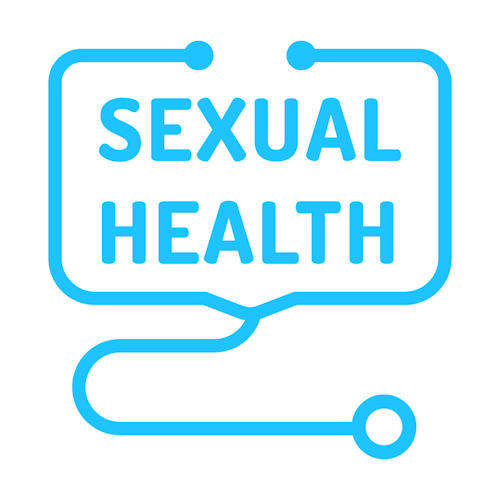What is Sexual Health?
Categories
Topics
- Sexual Health
- Women's Masturbation
- Women's Self Pleasure
- Anal Sex
- Gay Sex
- Butt play
- Ass Play
- Ass Sex
- Adult retail
- Buying sex toys
- Sex & Relationships
- Sexy Events
- Sexual Wellness
- LGBTQIA+
- Dry Herb Vaporizers
- Adult Lifestyle
- Buying Sex Toys
- Sexual Relationships
- How To Build a Sex Room
- Bondage
- BDSM
- Bad Dragon Dildos
- Lingerie
- Cleaning sex toys
- Sex dolls
- Wax Play
- Women's Wellness
Tags

Defining Sexual Health: Beyond the Physical
Sexual health is an extremely broad topic, and condensing that down into something interesting to read instead of a novel of facts and statistics is a dauntingly difficult task. In a nutshell, sexual health is the ability to embrace and safely enjoy our sex lives as a cornerstone of our physical and emotional health.
The Emotional Dimension of Sexuality
Sexuality itself includes more than physical sex, it is emotional connections to other human beings, and includes respecting and recognising the sexual rights and responsibilities we all share. The ‘health’ part includes making responsible, informed decisions to ensure STD prevention, treatment and cure as well as unwanted pregnancies. It also includes discussing sexual health with partners and healthcare professionals.
Sexual Responsibilities: Safe Practices and Consent
Having sex comes with responsibilities if it is to be done in a safe, respectful manner. Condoms, lubricants, sensitivities, boundaries are things that should be discussed prior to any activities. Consent is important.
Understanding Sexually Transmitted Diseases: Prevention and Cure
STDs are preventable diseases that can be managed, treated and cured if properly and frequently checked by your doctor. Most STDs come with warning signs and symptoms, whilst some have none. There is no foolproof home method to check for any of these, your safest and healthiest option is to regularly see your doctor, request an STD check, and ensure you follow up the appointment. Read How Do Doctors Test for STDs? to see how an STD check is performed.
To look from the perspective of numbers, the studies performed in 2018 have shown that Gonorrhoea levels have risen by 63% in the past 5 years. These numbers are from people that were tested, meaning that people not tested may not be aware they have it. Between March and December 2016, 30,434 people have been cured of Hepatitis C. This is due to the new vaccines available that are direct acting. Again, without testing, some people are unaware of the potential diseases they could be passing on.
Prevention Strategies for STDs: The Importance of Condoms
The main thing to remember is that every STD has a prevention. Condoms. Condoms help prevent unwanted pregnancies as well, but they are the most effective form of preventing STDs. Regular testing by your doctor can help in identifying if you have contracted one, and then you can begin treatment. An STD check should be performed at least once a year, and preferably, asap after unprotected sex or getting a new partner.
The Value of Sexual Health Education
Education is a key point. Learn the information given out, while you may be happy to share your sexual history and any STDs with a new partner, they may not. By researching STDs, and knowing what could be a sign of one, you can save yourself from the pain of contracting one. Mayo Clinic's 'Sexually transmitted disease (STD) symptoms' can help with learning what to watch for, but not all STDs have warning signs.












